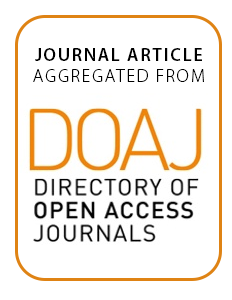Resource information
This paper discusses the agrarian problem in Brazilian rural areas from the environmental point of view. The objective is to examine how the private appropriation of the Brazilian rural space came about, attributing to the environmental factor a role whose logic was relevant in the inherited agricultural context. According to this hypothesis, the specificity of the private appropriation process of public land, after 1850, is the origin of agricultural and environmental problems in the Brazilian rural space. We discuss how the market imperatives stimulated the undifferentiated degradation of the agro-ecosystems in terms of production scale. In the final considerations we emphasise the transition limits to a sustainable agriculture in the Southern region of Brazil.



